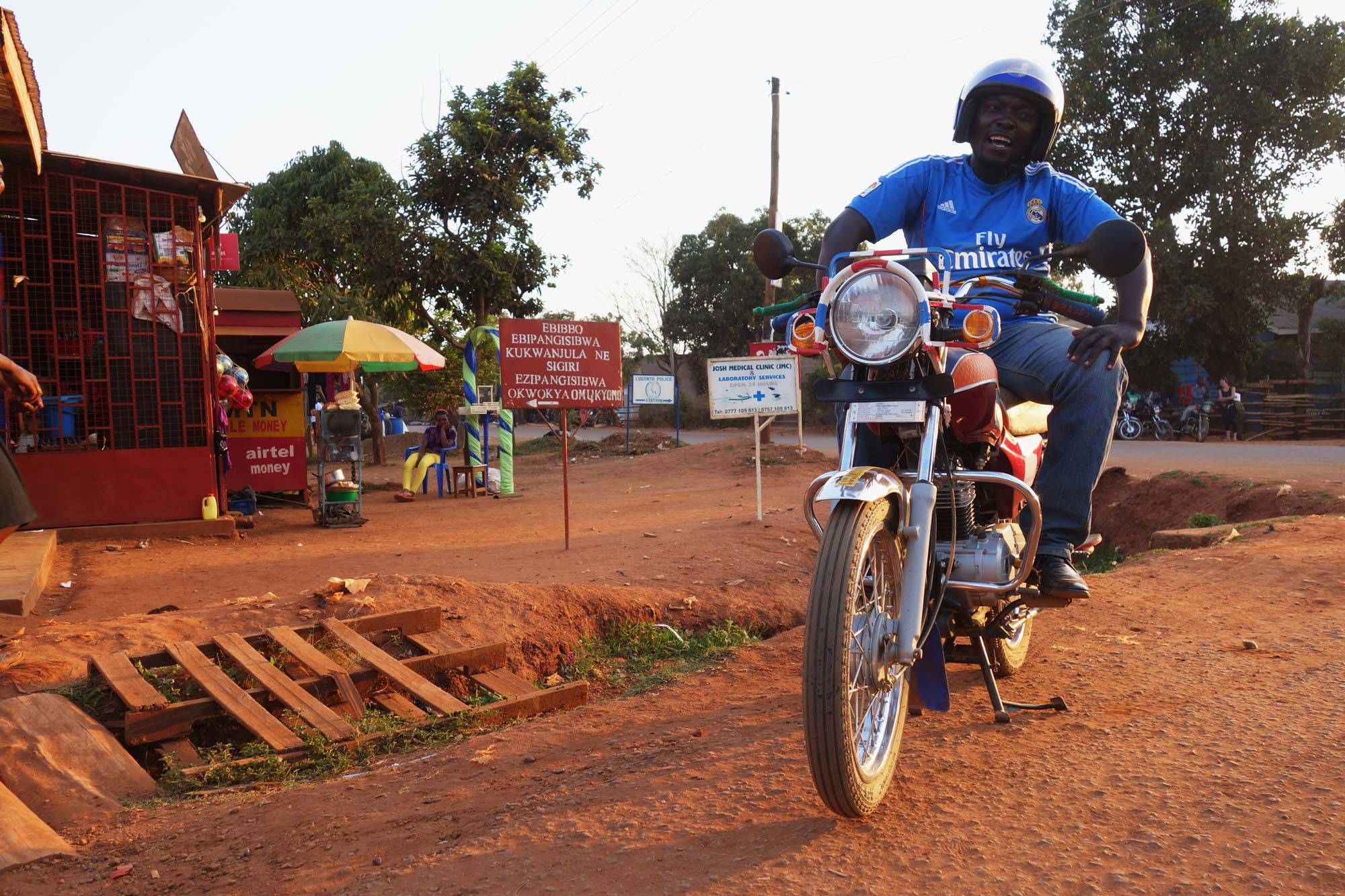Many commentators posit that the COVID-19 pandemic could go down in history as this generation’s opportunity to do a course correction toward a sustainable future as envisioned in the 2030 Agenda and the Sustainable Development Goals. The opportunity for large-scale change certainly exists, but it won’t be inevitable or easy. It will require unprecedented resources and collaboration to shift the priorities of our economic system from one focused on rapid short-term results to sustainable long-term solutions.
It will require not only building forward momentum but ensuring we don’t lose progress made to date. Right now, COVID-19 threatens to undo decades of progress achieved towards sustainable development by all countries and in particularly those that are least developed.
Small and medium-sized enterprises, recognized as the engines of community and economic development worldwide, are being crushed by the long-term economic implications of the lockdown measures put in place to control the pandemic. A recent study by the Aspen Network of Development Entrepreneurs and consulting firm Dalberg shows that more than 40% of small and growing businesses in emerging markets are at risk of shuttering over the next six months. With pressure on sales and delays in payments, these companies face a cash drought and declining revenues. While the European Commission is considering a €750 billion coronavirus recovery fund and the U.S. has provided over $600 billion in support to small businesses, few, if any, developing countries have the means to provide similar support.
Rescue facility
The looming cash crisis needs a solution quickly, but fortunately there are groups well-positioned to deliver one: Development Finance Institutions. DFIs are specialized financial institutions, typically majority-owned by national governments, that support sustainable private sector development in low-income countries. According to IFC’s recent study, DFIs account for $1.5 trillion of the potential $2 trillion impact investing market. DFIs, and multilateral development institutions, not only have the capital but the relationships, the knowledge and the experience to reach these small and growing businesses, meaning they can operate with both scale and speed.
That’s why we – the Ground_Up Project, the SDG Lab and Calvert Impact Capital – created the Impact Rescue Facility concept, a target $1 billion financial instrument for immediate implementation to support small and mid-sized enterprises in emerging markets through DFI portfolios. The IRF was born out of multi-stakeholder convenings hosted by the SDG Lab and is designed to leverage the financial capacity and operational expertise of DFIs. The IRF allows DFIs and MDBs to work as a collective, bringing in private capital on top of DFI commitments, to rapidly provide liquidity to distressed impact-oriented SMEs. A collaborative effort like the IRF allows investors to diversify the risks inherent in their own portfolios, while expanding their sector and geographic reach.
Keeping impact on track
As UN Secretary-General António Guterres recently noted, the COVID-19 pandemic “has derailed many strategies and shifted the focus from long-term planning to immediate demands”. Through their collective influence, DFIs can ensure that progress towards the SDGs remains a priority. For example, the IRF will employ a gender and a climate lens and ensure that key related metrics (SDG No. 5 on gender equality and SDG No. 13 on climate change) are tracked with all relief funds provided.
The IRF is focused on lifting up SMEs in emerging economies, to head off the need for a bail-out and establishing a solid and resilient foundation for longer term public market investment in impact. With the size of their portfolios, their decades of experience, and their deep knowledge and connections to emerging markets, DFIs and MDBs are poised to lead us out of this crisis and preserve the progress SMEs in emerging markets have made.
But businesses in emerging markets needed capital yesterday, and while we have the structure for the IRF, we need more DFIs to commit as investors. If we don’t act soon, we will lose an entire generation of otherwise viable businesses – and all the jobs, goods and services, and positive family and community effects – that go with them.
Brindusa Burrows is CEO of The Ground_Up Project, Nadia Isler is the director of SDG Lab at United Nations Geneva and Jennifer Pryce is president and CEO of Calvert Impact Capital.











